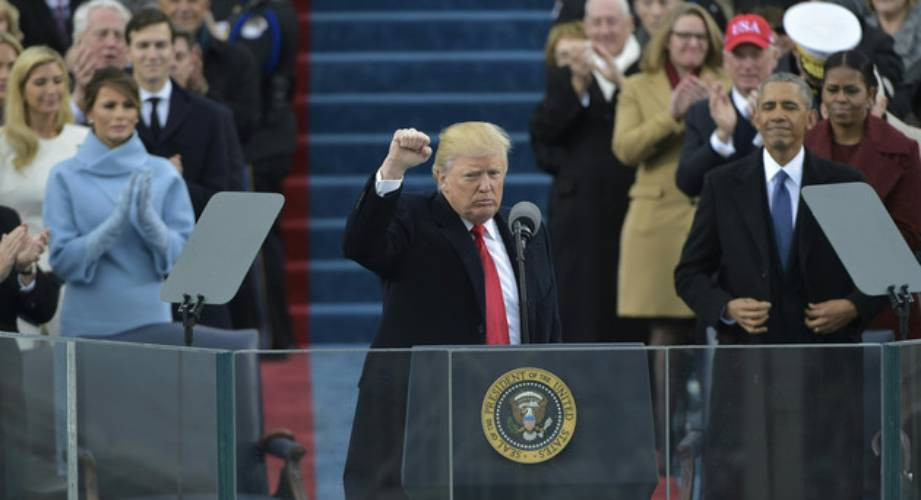×
The Standard e-Paper
Join Thousands Daily

President-elect Donald Trump will be sworn in on January 20, 2025, at the United States Capitol in Washington DC.
According to the 20th Amendment to the American Constitution, the term of each elected President of the United States begins at noon on January 20 of the year following the election.







